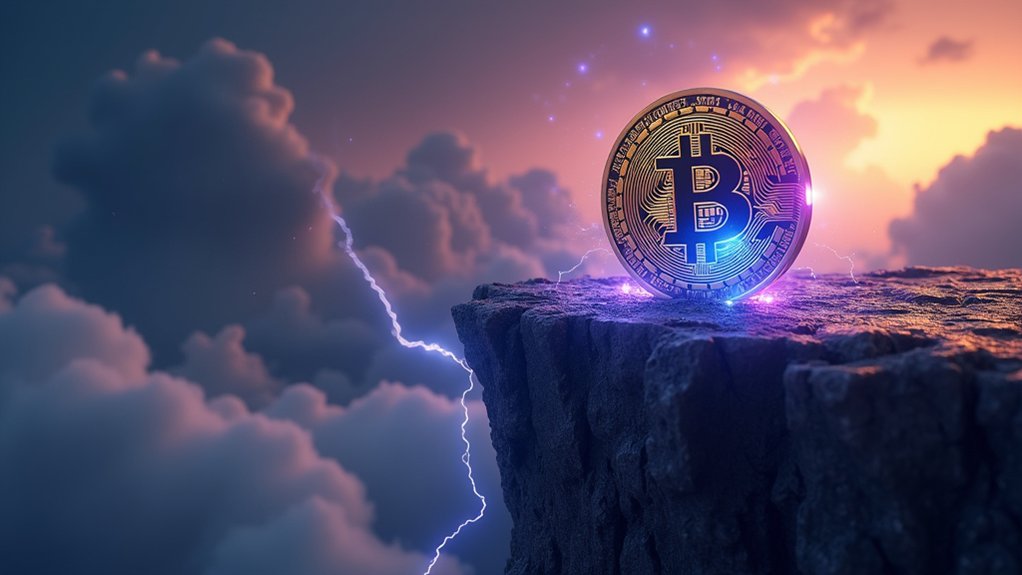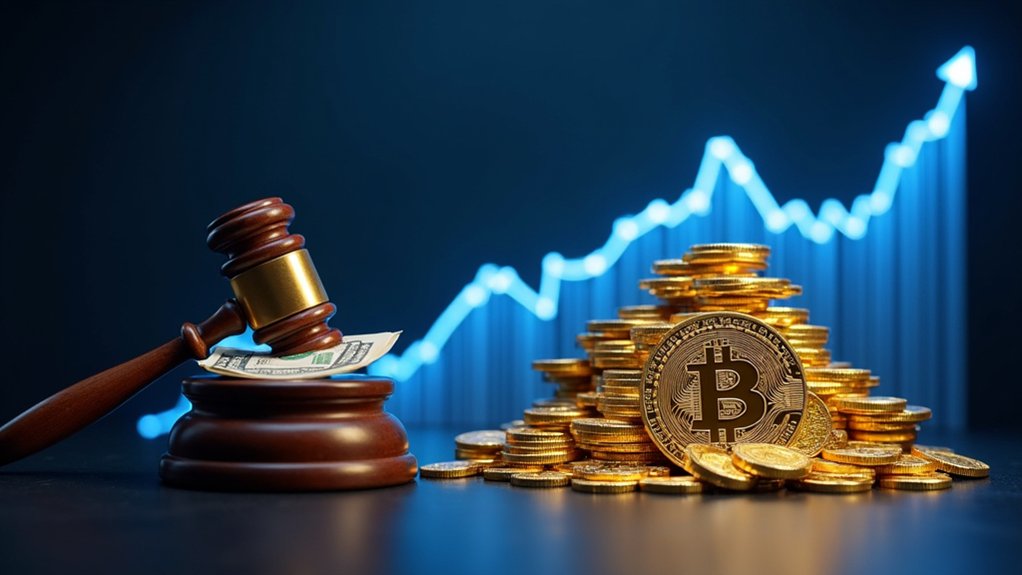Anatoly Yakovenko just dropped a crypto bombshell. The Solana co-founder declared Bitcoin has “no intrinsic value” and serves only as insurance against superpower collapse. Seriously. He claimed there’s just a 1% annual chance of such a catastrophe, suggesting people should allocate exactly that percentage of their wealth to BTC.
Yakovenko didn’t stop there. He labeled Bitcoin not an investment but a cost—like car insurance you hope never to use. The price? Totally irrelevant to its function as apocalypse protection. Yakovenko emphasized that this insurance aspect makes Bitcoin fundamentally different from gas coins like Solana.
Bitcoin isn’t an investment—it’s a doomsday insurance policy you’re paying for but hope never to cash in.
Meanwhile, he painted Solana as Bitcoin’s superior counterpart with actual practical applications and intrinsic value linked to future fee revenue. This occurred as Solana’s momentum slowed with projects like PumpFun suspending token creation on the network.
Bitcoin enthusiasts were not amused. They fired back immediately, defending their digital gold. Angel investor Akshay BD countered Yakovenko’s arguments, while others questioned Solana’s utility. Pretty rich coming from the guy whose blockchain has more outages than your local power company during storm season.
The debate highlights fundamental differences between these cryptocurrencies. Bitcoin proponents celebrate its scarcity (only 21 million will ever exist), decentralization, and security. It’s digital gold, they insist. A hedge against inflation. The OG crypto.
Solana, in contrast, markets itself as blockchain’s speed demon—processing up to 65,000 transactions per second with ultra-low fees. Perfect for decentralized apps, smart contracts, DeFi, and NFTs. When it’s not crashing, that is.
The Solana Foundation President quickly distanced himself from Yakovenko’s comments. Smart move. Nobody wants to be associated with the guy who just poked the Bitcoin bear.
This isn’t just crypto drama. It’s a fundamental clash over what gives digital assets value. Is it better to be a reliable store of value or a high-speed transaction network? Should blockchains prioritize security or scalability? Bitcoin continues to grow despite criticism, with over 15,000 businesses globally now accepting it as payment for goods and services.
One thing’s certain: the debate isn’t cooling down anytime soon. Crypto Twitter will be insufferable for weeks. Grab your popcorn.





